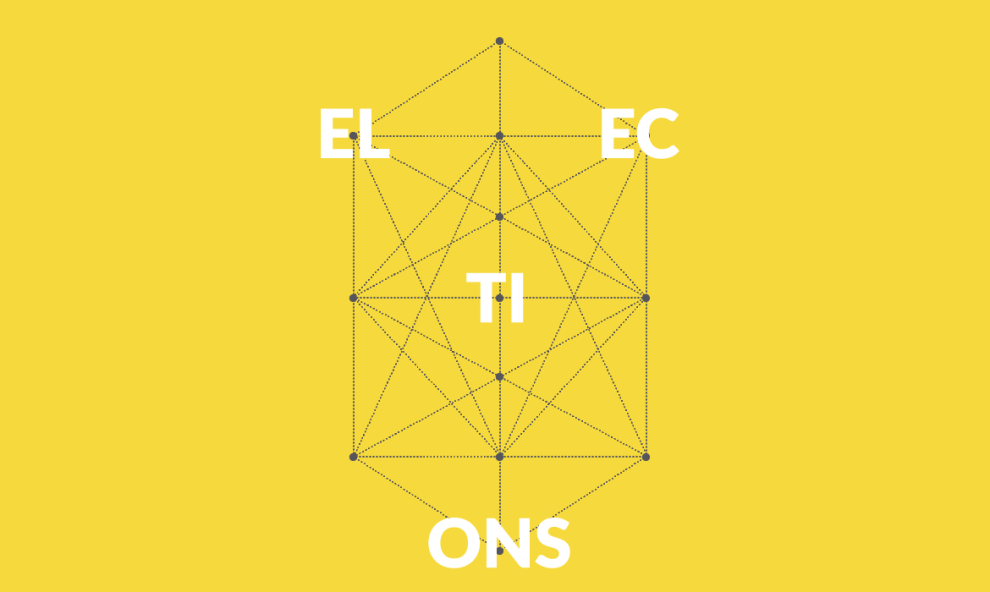Six weeks away from the next electoral joust, it is facile to anticipate the scenario at official Mexican presidential residence Los Pinos the day after: everyone will want to know what happened. It was assumed that the new-found party alliances would permit the PAN to advance in domestic geography, weaken the PRI, and establish the bases for two years of non-stop wins. Unfortunately, the reality will have been cruel, with the one or two triumphs that the PAN could have achieved. As the great North American essayist Ralph Waldo Emerson would say, “We learned geology the day after the earthquake.” The discussion will surely become heated: some will attempt to explain the phenomenon, and others, to find the guilty parties. A few, perhaps the least in number, will begin to speculate upon the implications of the disaster and the possibilities of the remainder of the presidential term. The new geologists will be very busy.
By Monday morning, July 5, 2010, the country will be another. The question is whether the government will continue to be the same: Will it continue to ask itself, as it did after the interim elections a year ago, Who did this to us?, or, with greater sensitivity, How will we fix it? Last year, the answer was categorical: the government had done everything correctly, but the PRI governors, the television networks, and the economic crisis caused the defeat. Hence, their inevitable reaction: go after them all.
The government’s alternative at present is very simple: to reconsider its strategy for constructing whatever is still possible, or to strike out on a new crusade for the destruction of the PRI that, by that time, will presumably have reached a new milestone in the process of reconquering the presidency. The chip that dominates the government has not been that of the construction of and search for consensus, but instead, that of reaction against “the bad guys,” and that day, the PRI will be the worst of all of these. But by that time the alibi will no longer be convincing: while a year ago the governors continued to maintain control over state processes, the notion that an out-going governor could ordain voting fancies will no longer be persuasive.
The situation of the government will not be simple. If the result that appears to be nearly inevitable materializes, the PRI will be emboldened and probably indisposed to enter into negotiations in which they do not perceive a better opportunity. The government will find itself in the face of the limits of excessively reduced governability and authority, in addition to that the entire political world will look to the PRI, inexorably viewing it as the 2012 victor.
There are two elements to consider. First, the position of the president as he confronts the two years that remain of his term and, no doubt, before history. Second, the atrophy that increasingly characterizes the country because everyone is mostly concentrated on winning (or on the other one losing) than on governing, legislating, or constructing. And third, the relative position of each of the parties in the grips of the mother of all battles, that of 2012. This latter point is easy to elucidate: on following the pathway that it has taken to date, the government will guarantee that 2012 will be a field day, but for the PRI.
The day after the election events, the government, along with its party, will be required to rethink the rash wagers that they placed on the alliances and to define its strategy once more. Indubitably, the most difficult part will be the role of the president in the face of the new reality. Regrettably for him, the bet on the alliances on which he gambled did not guarantee any victory, but did indeed ensure the PRI’s hostility, without whose countenance the legislative front was an impossible course. The president will now have the option of correcting or of attempting novel madness: to correct so as to attempt to construct something relevant during what is left of his term, which would entail clear readiness to negotiate, create common spaces, and forsake the temptation of winning 2010 at any price. Or, on the other hand, to attempt a new alliance against the PRI, whatever the cost. Deep down, what the president would be required to define is whether he is capable of overcoming his gut anti-PRIism in order to hand down a minimally relevant legacy.
In contrast with the midterms of a year ago, the president is now in an acutely dangerous position. A year ago, there was the option of placing himself above the daily conflict with an eye toward advancing, and possibly transcending, the national agenda. Now the theme will be survival.
Although the symbolism of the result of these July 2010 elections will be enormous, electoral history is not written until it is written. As recently illustrated by the antagonism among PRI contingencies in the Legislature (each representing the interests of opposing pre candidates), nothing is ensured for anyone in this game, nor should anyone underestimate the complexity of the other. The perception of a poor government has made it very difficult for the PAN to maintain the presidency, but this is not an absolute. Nonetheless, given the experience of these past few years, it appears reasonable to suppose that if the president does not modify his strategy, his principal legacy will be exactly the opposite of that of Fox: to return the presidential sash to the PRI.
The choice is clear: find the guilty parties, or construct a new strategy. If he opts to search for scapegoats, the sky is the limit. The alternative of devising a new strategy does not guarantee victory for the PAN, but it does confer upon the president the possibility of bequeathing a legacy that transcends the necessary but interminable war against the narco. Will he be able to recognize errors, convoke political forces, and salvage whatever is possible of political civility?
In the scenario of construction and the search for agreements, minimal though they be, it would be mandatory for the government to redefine its objectives; develop an ambitious strategy for transforming communications into an instrument of governing; rethink its team, above all in what concerns political operations; and focalize its efforts. In first place, it would need to define its priorities, no longer in the abstract manner of a beginning term-of-office, but rather, in that of what remains of an administration that, after four years, has few results to show.
The experience of Nelson Mandela in South Africa is exceedingly eloquent: what Mexico needs is reconciliation, to leave the past in the past, and to begin to look ahead. The basic question is whether the government will continue to be guided by phobias, or by the desire to build the future.
The position of the government is not lost. Today, six weeks prior to the elections, it can begin to consolidate an action and civility pact for the post-election stage. It can also initiate agreements for damage control and for facilitating the growth of its own contingencies in the next few months. Its problem is one of strategy, but also of attitude. Both are crucial at this time.
The Day After






Comments